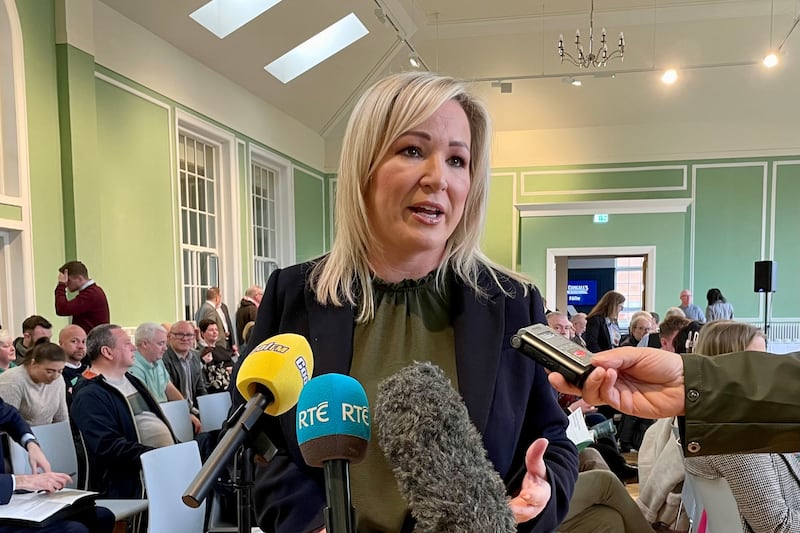THE political history of Northern Ireland since the foundations for power-sharing were laid during the peace process of the 1990s can be tracked through a series of deals.
These agreements, each time touted as a new beginning for devolution, were often reached through long weeks of trying to reach consensus, sometimes in the face of seemingly overwhelming odds.
Here we look back on the history and success of each of these deals, as the future of power-sharing itself once again hangs in the balance.
::::::
The Good Friday Agreement
Also known as the Belfast Agreement, the historic peace deal which created a new devolved system of government with an Assembly and Executive at Stormont was signed in April 1998 and ratified following a referendum.
The document remains the basis of all following agreements. However, the ink had been dry less than two years before the first suspension of the new institutions by Secretary of State Peter Mandleson, over a failure by the IRA to decommission weapons.
They had been running for just 72 days before direct rule was re-imposed, with the agreement’s citation that parties must pursue “exclusively democratic and peaceful means” cited as the reason for suspension.
In May 2000, David Trimble agreed to take the UUP back into the Executive after the IRA outlined plans to put weapons “completely and verifiably” beyond use.
However, two 24-hour suspensions were also imposed during 2001 by Mr Mandleson’s successor John Reid due to a lack of decommissioning, before power-sharing came to an abrupt end in 2002 over allegations of an IRA spy ring at Stormont.
Read more: What is Joint Authority?
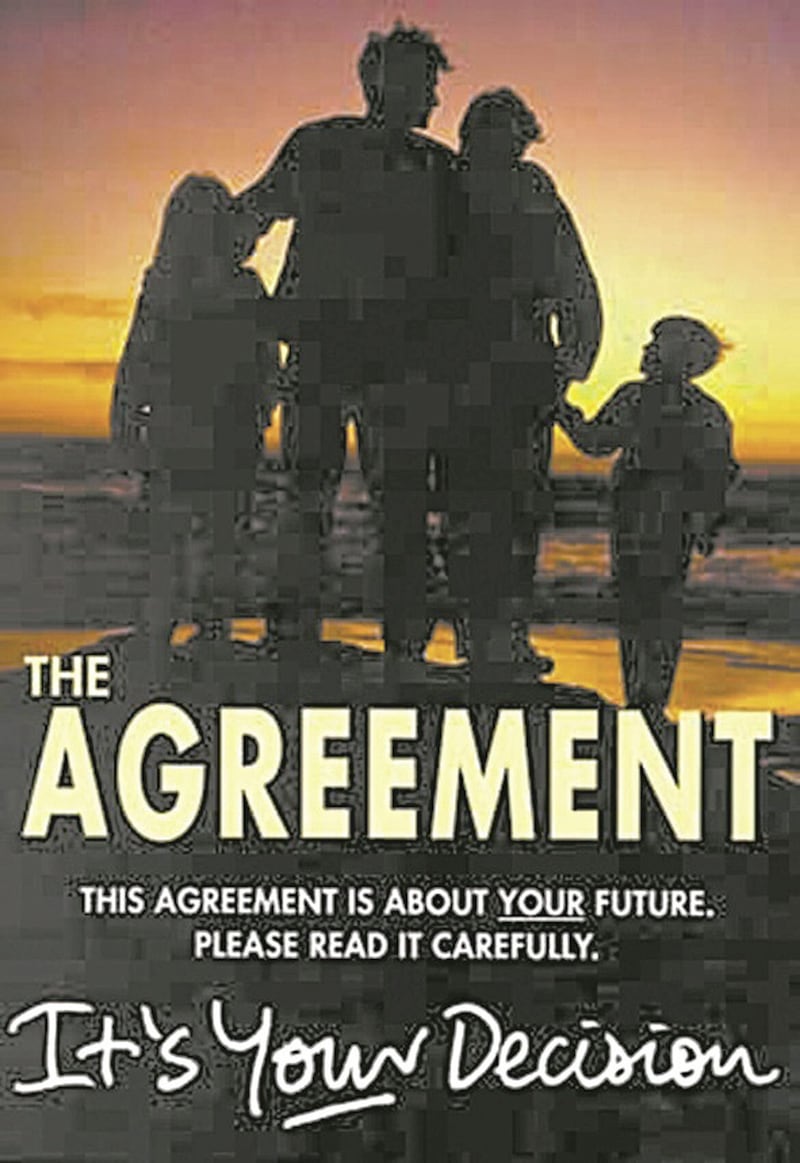
The St Andrews Agreement
Another deal thrashed out following high level talks, this time in Scotland, the 2006 agreement paved the way for the DUP and Sinn Féin to jointly lead a new Executive the following year – an unthinkable scenario during the previous administration, when DUP ministers refused to attend Executive meetings due to Sinn Féin’s presence.
The agreement to breathe new life into power-sharing saw rules on the need for cross-community support for ministers’ decisions added, while the requirement for Sinn Féin to support the PSNI satisfied the DUP enough to see Ian Paisley become first minister in 2007 with Martin McGuinness as deputy.
It would take almost three years for the deal’s agreed devolution of policing and justice powers to occur, while a number of outstanding contentious issues rumbled on in the background for many years, culminating in the need for new talks to bolster devolution.
Stormont House Agreement
After an unsuccessful talks process in 2013 by ex-US diplomat Richard Haas to resolve contentious issues such as flags, parading and the legacy of the Troubles, the following year saw a tentative agreement signed by the north’s parties, one promising to create a “more prosperous, stable and secure future”.
Agreed following weeks of fresh talks, it also promised to resolve non-constitutional stumbling blocks including welfare reform, while also trimming the number of MLAs.
However, joy over the deal was short-lived, as a tumultuous year followed its signing.
The welfare issue continued to be a thorn in the side of progress, while the ugly shadow of paramilitarism arose following the murders of former IRA men Kevin McGuigan and Gerard Davidson.
As a result of looming instability, another round of talks began in a bid to build on the ailing Stormont House deal, which had not even seen its first birthday.
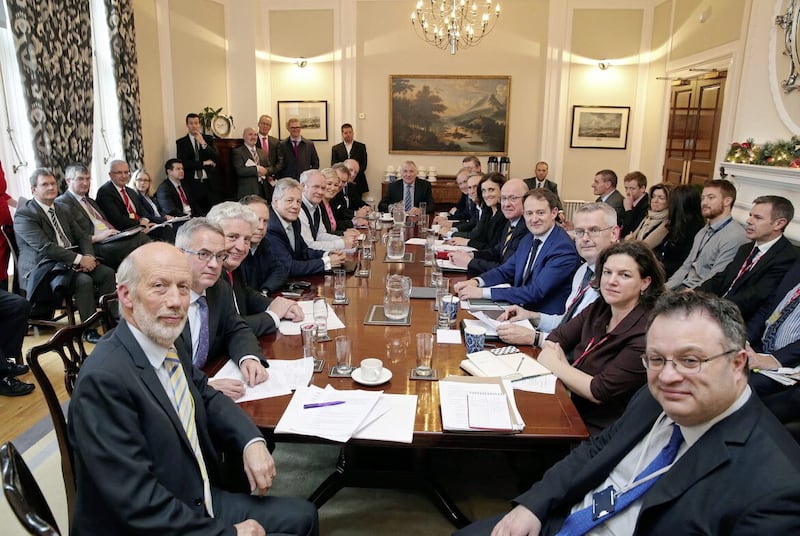
The Fresh Start Agreement
The crisis of 2015 threatened to plunge the north into further political chaos, with the row over implementing welfare reforms and concerns over the Provisional IRA meaning a return to the talks table.
After another gruelling period, this time lasting 10 weeks, the Fresh Start Agreement was signed in November of that year.
This time around, the deal was hailed as an “important turning point” for the north by then UK prime minister David Cameron, with a financial package to alleviate the welfare situation and new promises on “ridding society of all forms of paramilitary activity”.
However, the fresh start turned sour just over a year later, as the impact of the RHI scandal saw power-sharing go up in smoke as Sinn Féin deputy first minister Martin McGuinness resigned, triggering another three years of deadlock.
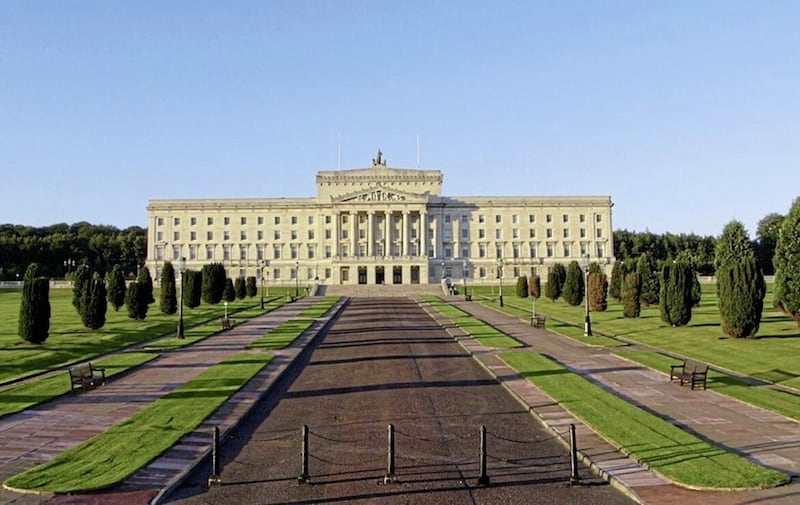
New Decade, New Approach
The most recent deal to restore devolution was signed in January 2020, with one of its key commitments aimed at solving a row over an Irish language act, which Sinn Féin had demanded during the course of Stormont’s suspension.
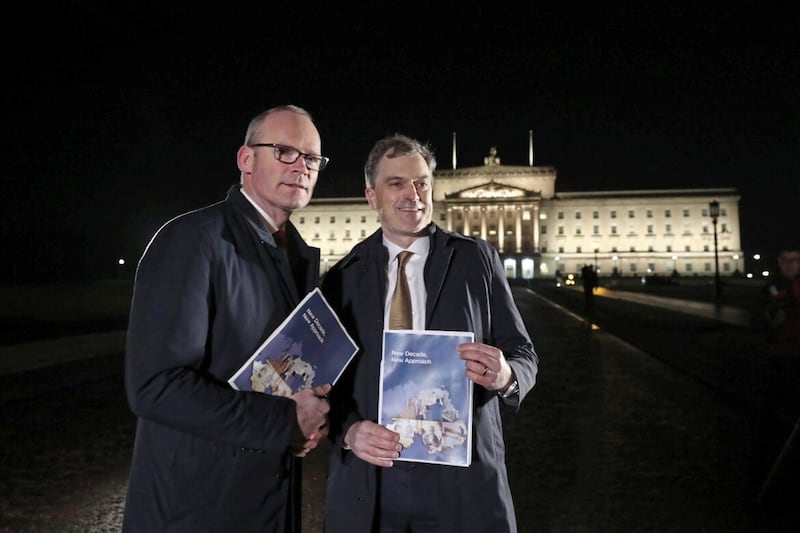
The agreement promised to “transform public services and restore public confidence in devolved government” and led to the return of an Executive, this time with Michelle O’Neill as deputy first minister alongside a returning Arlene Foster.
Any euphoria over the return to government in the north was soon overshadowed by the looming health crisis caused by the Covid-19 pandemic. However, it was ultimately the post-Brexit Northern Ireland Protocol that delivered a fatal blow to power-sharing this time around, with the DUP withdrawing from the Executive in February of this year over the Irish Sea trade border.
Read more:What is Joint Authority?






